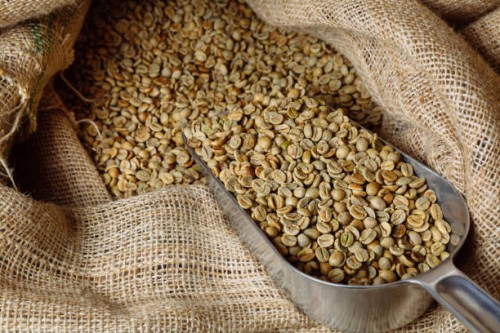Best Source for B2B Industry Trends, News and Updates

According to the ECF report, green coffee import statistics show that the European Union reached approximately 3.5 million tonnes in 2023, showing an increase compared to 2021 and 2022. However, this figure is still lower than the 3.8 million tonnes imported in 2019, before the pandemic hit. This shortfall indicates that the market hasn't fully returned to its previous strength.
The ECF notes that Germany, Italy, and Belgium continue to lead as the largest importers of green coffee within Europe. These countries account for over 60% of total EU imports, thanks to their strong coffee processing industries and high local demand. Despite this, shifting trade routes, rising shipping costs, and ongoing supply chain delays continue to affect import volumes.
The report also highlights how the war in Ukraine and inflation across Europe have impacted the coffee industry. High energy prices, labor shortages, and reduced consumer spending have added pressure on both coffee roasters and retailers. As a result, even though demand for coffee remains steady, the overall trade volume is yet to fully stabilize.
ECF's Secretary General, Paulig Boulos, stated in the report, "The European coffee industry is showing resilience, but it's clear that the market is still adjusting to a post-pandemic reality." He also focused on the need for sustainable sourcing and better logistics to support long-term growth.
While the recovery in green coffee imports is a positive sign, experts say the full return to pre-2020 levels may take another year or two. Stakeholders across the supply chain are now focusing on building stronger trade ties, improving transportation systems, and promoting eco-friendly practices to secure a stable future for Europe's beloved coffee industry.
